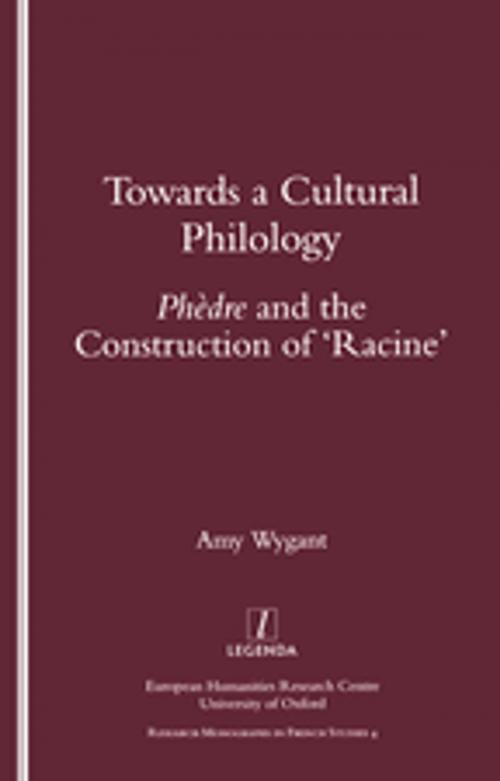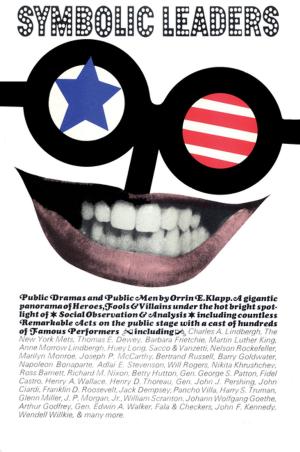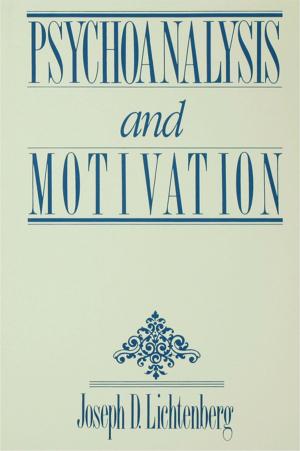Towards a Cultural Philology
"Phedre" and the Construction of 'Racine'
Fiction & Literature, Literary Theory & Criticism, Drama History & Criticism| Author: | Amy Wygant | ISBN: | 9781351198936 |
| Publisher: | Taylor and Francis | Publication: | December 2, 2017 |
| Imprint: | Routledge | Language: | English |
| Author: | Amy Wygant |
| ISBN: | 9781351198936 |
| Publisher: | Taylor and Francis |
| Publication: | December 2, 2017 |
| Imprint: | Routledge |
| Language: | English |
"Amy Wygant reads Racine's ""Phedre"" (1677) through an analysis of its 17th-century cultural contexts and a consideration of its subsequent reception history. She explores the construction of Racinian language as ""musical"", the poetics of the Racinian gaze, and Racine's labyrinthine eros of memory and forgetting. Reference is made to Lully's operas, the battle between the advocates of colour and the champions of drawing in the Royal Academy of Painting and Sculpture, and Le Notre's centreless garden labyrinth at Versailles. These close textual and contextual studies relate the detail of the tragedy to the conceptual sweep of 17th-century absolutism. Wygant's interdisciplinary study draws on the music history, as well as on emblematics, the history of the formal garden and the arts of memory. Racine's great threnody, the ""recit de Theramene"", is shown as representative of expressions of loss which lie at the root of early modern literature."
"Amy Wygant reads Racine's ""Phedre"" (1677) through an analysis of its 17th-century cultural contexts and a consideration of its subsequent reception history. She explores the construction of Racinian language as ""musical"", the poetics of the Racinian gaze, and Racine's labyrinthine eros of memory and forgetting. Reference is made to Lully's operas, the battle between the advocates of colour and the champions of drawing in the Royal Academy of Painting and Sculpture, and Le Notre's centreless garden labyrinth at Versailles. These close textual and contextual studies relate the detail of the tragedy to the conceptual sweep of 17th-century absolutism. Wygant's interdisciplinary study draws on the music history, as well as on emblematics, the history of the formal garden and the arts of memory. Racine's great threnody, the ""recit de Theramene"", is shown as representative of expressions of loss which lie at the root of early modern literature."















